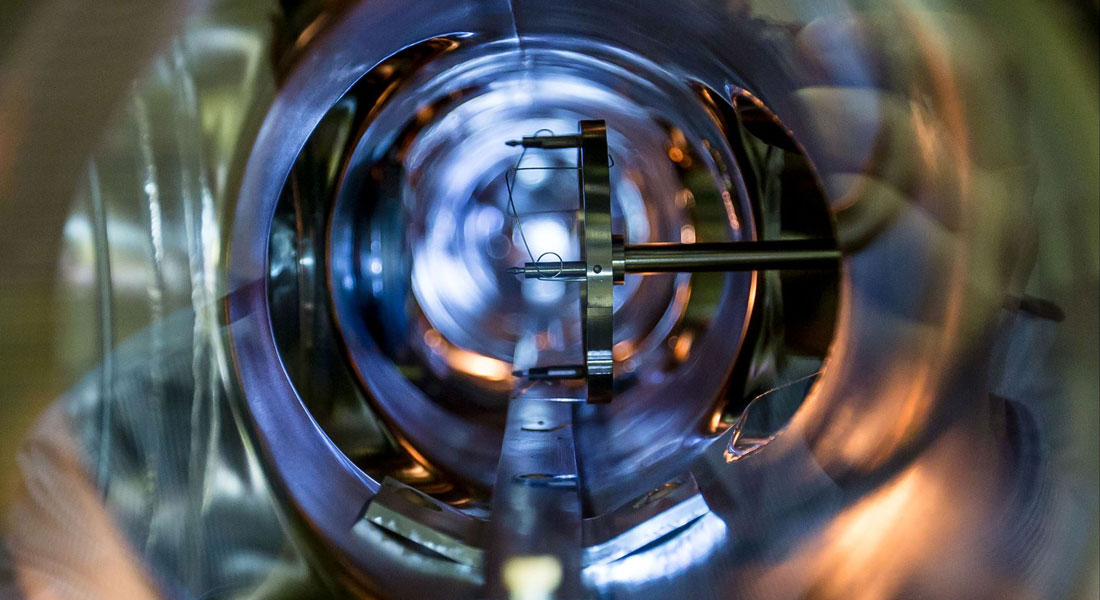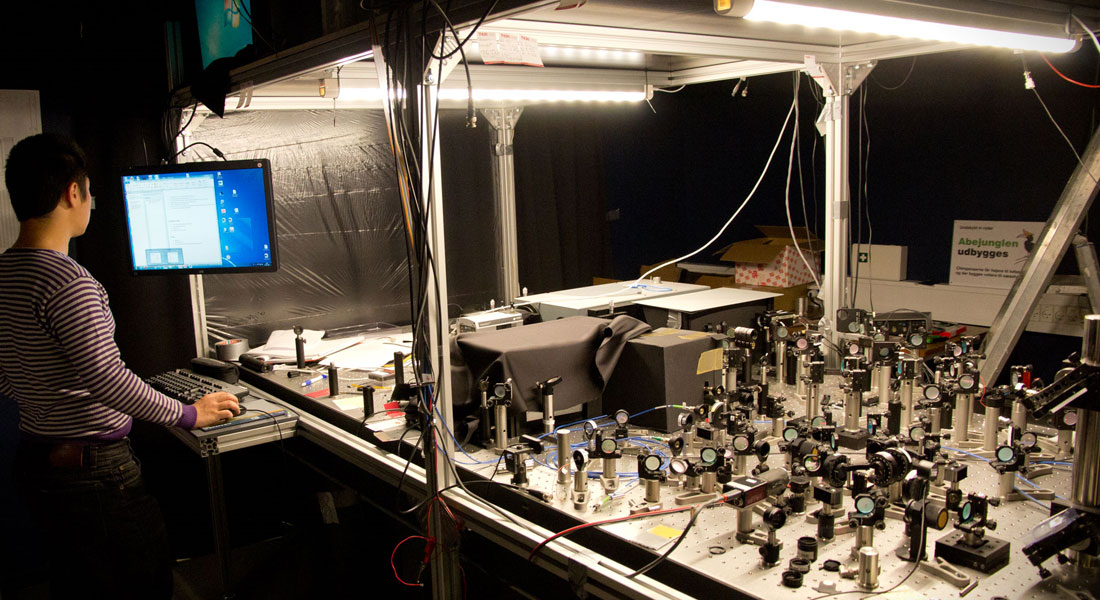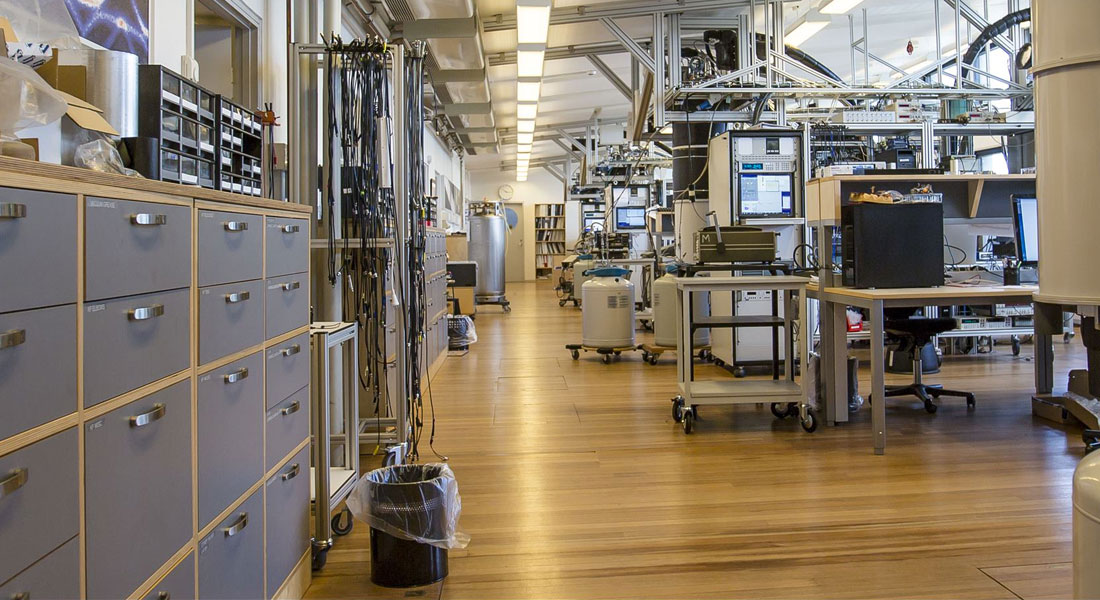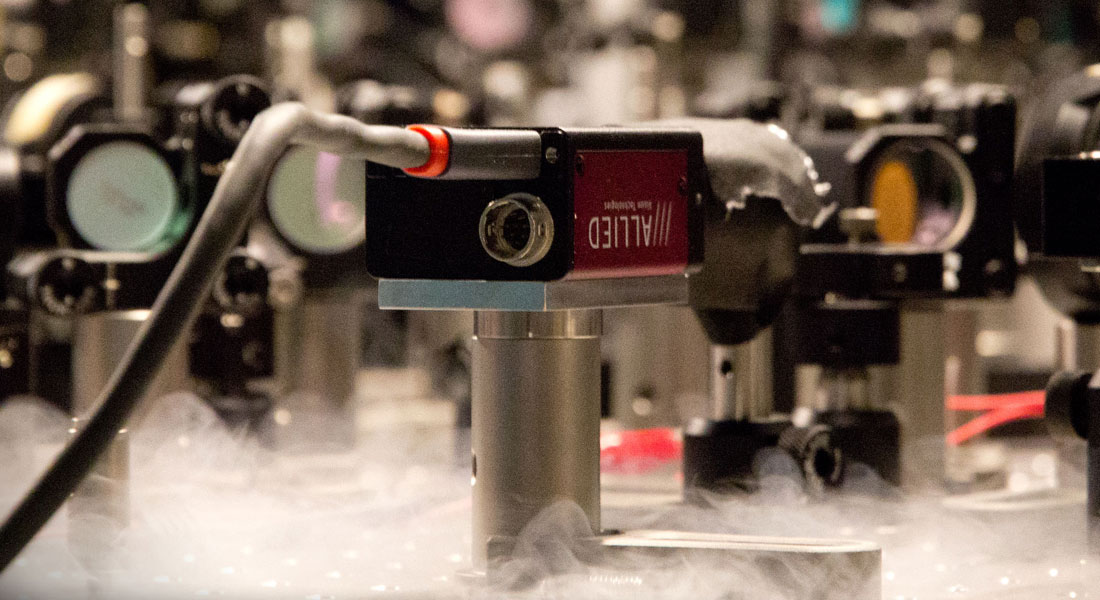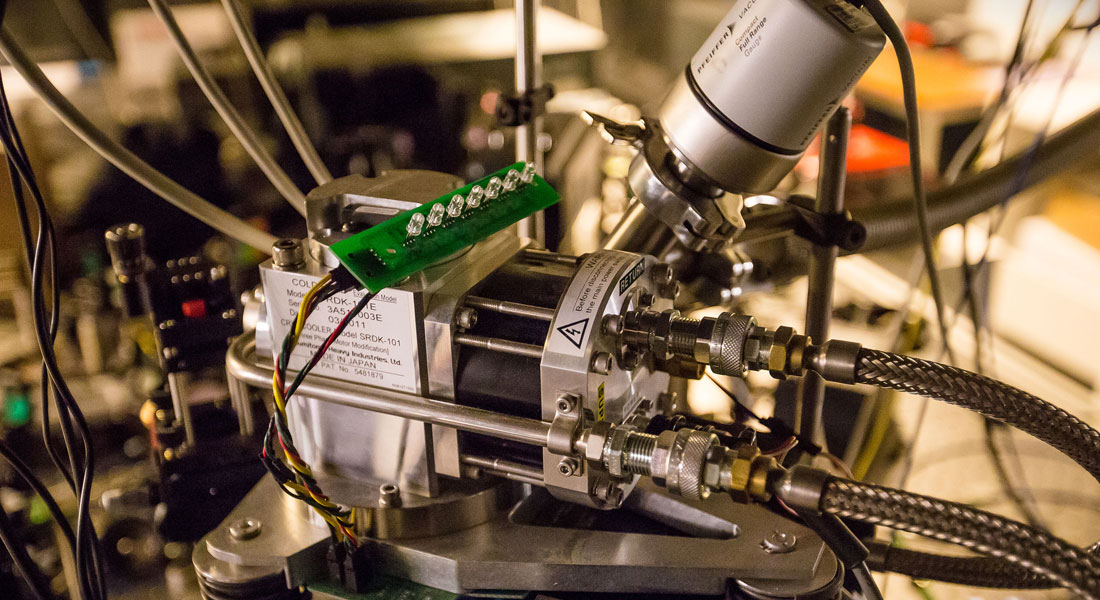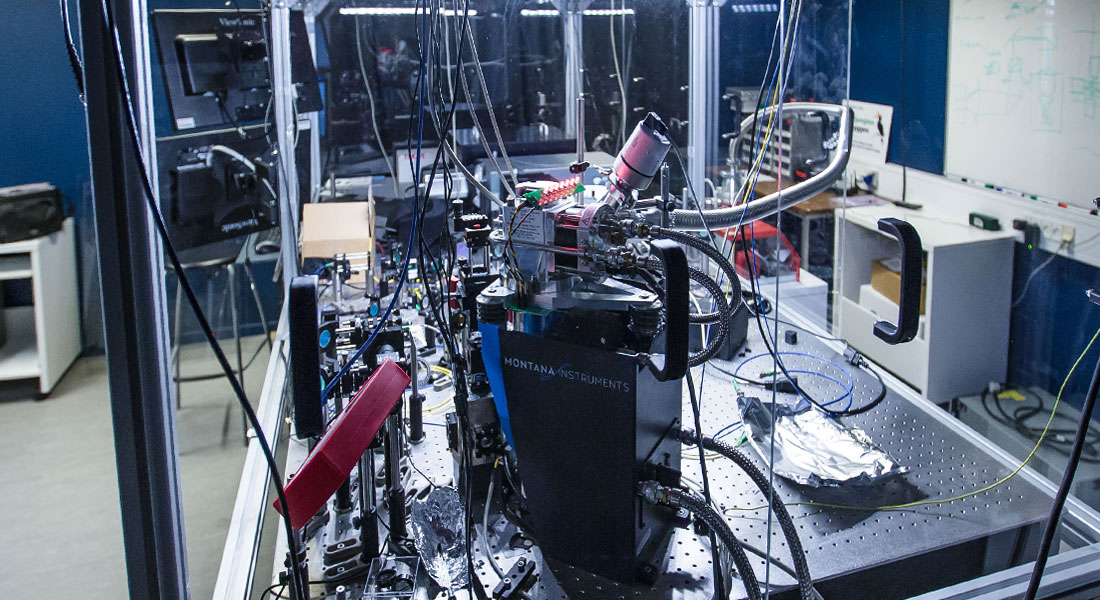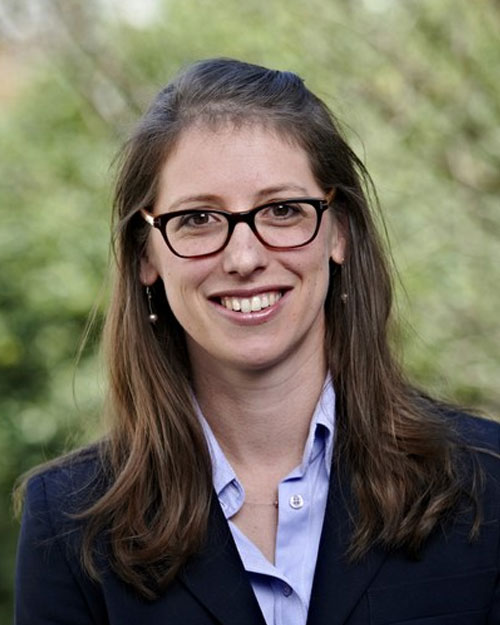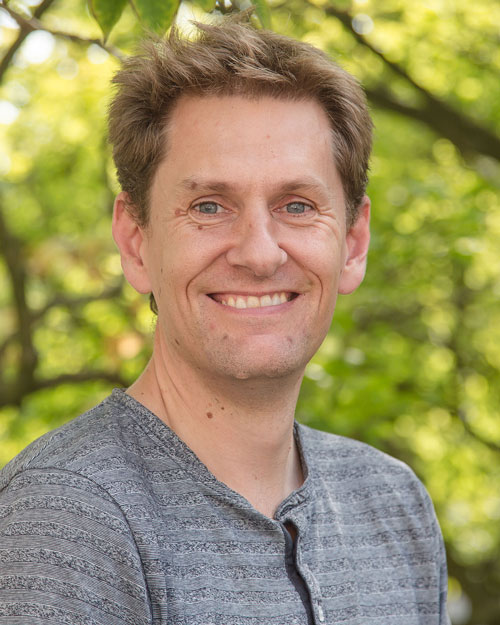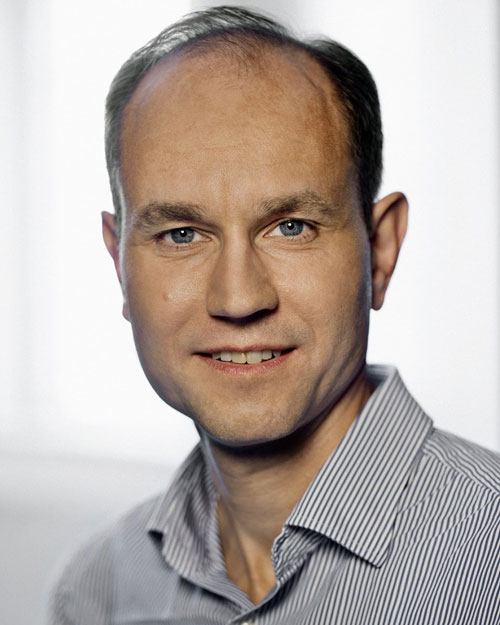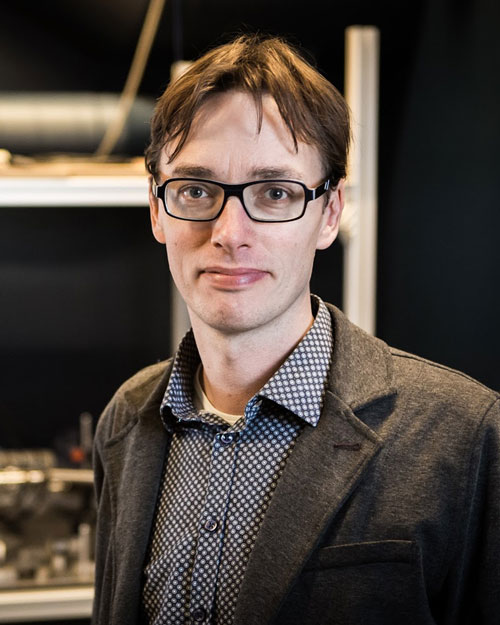Solid-state quantum simulators for biochemistry
Solid-Q is a joint research consortium generously funded by the Novo Nordisk Foundation.
Solid-Q unites two leading solid-state experimental platforms and applies them to problems in quantum chemistry and material science.
An overarching goal is to characterize and eventually control charge, energy, and heat transport of relevance for molecular reactions, material design, and quantum coherent transport in light harvesting complexes.
Ultimately, the goal is to simulate protein-folding problems of relevance for drug discovery with a quantum advantage.
Grant giver: The Novo Nordisk Foundation
Funded by:

Project: Solid-state quantum simulators for biochemistry (Solid-Q)
Today, we are at an exciting stage in which quantum hardware starts to reach the level of maturity where interesting and complex chemistry problems can be targeted. As a consequence, quantum science is becoming interdisciplinary merging chemistry, physics, and information science.
The purpose of Solid-Q is to develop solid-state photonics and electronics hardware and to use it in proof-of-concept quantum chemical and biological applications. Rooted in our strong quantum hardware development, we develop and implement specific quantum simulator algorithms that are particularly well suited to our hardware, including the study of dynamic vibrational and energy transfer processes. These classes of quantum problems are the foundation of fundamental biological processes, such as protein folding or photosynthetic light-harvesting.
The complexity of protein folding is a major challenge in biochemistry prohibiting understanding the origin of many diseases. Light-harvesting complexes, matured by natural selection, are remarkable energy-efficient systems that cannot be properly modelled with classical computers.
Solid-Q addresses these challenging problems and experimentally implements primer quantum simulations of the dynamics of molecular folding and energy transport. Furthermore, we lay out a pathway of scaling our hardware up to tackle biochemistry problems with a quantum advantage. A breakthrough within this area can lead to novel opportunities for drug discovery or ”bio-inspired” design of novel energy-efficient materials.
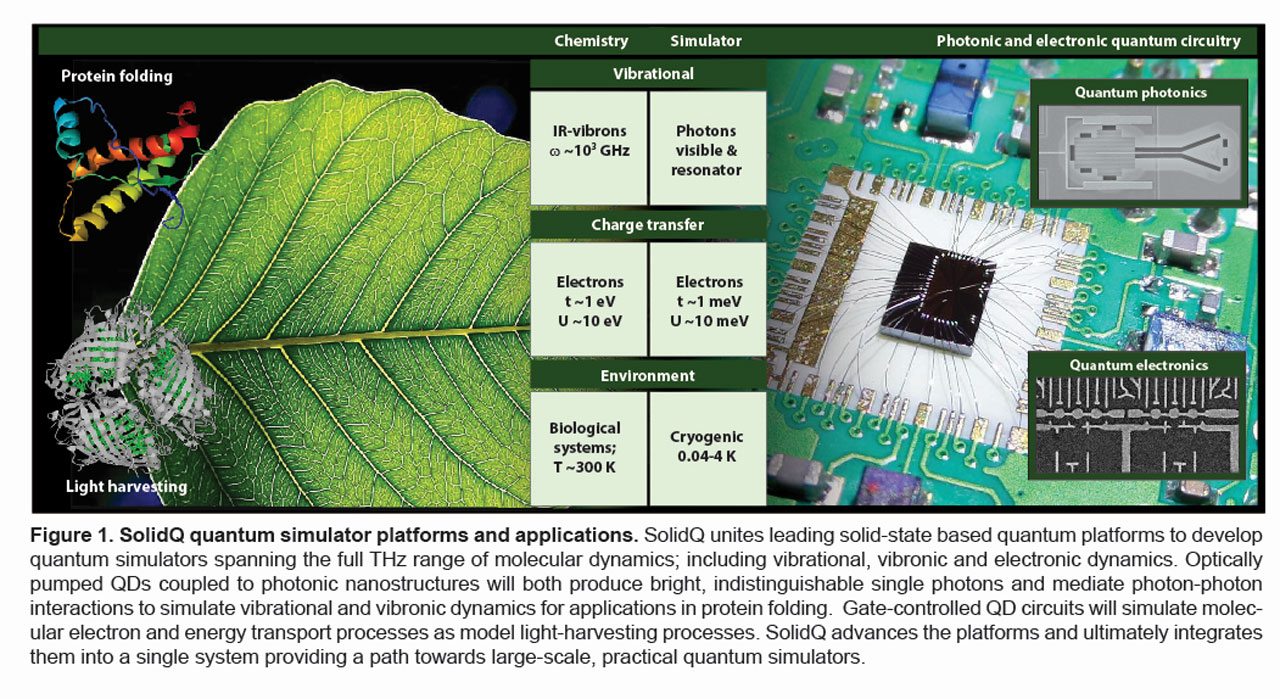
Solid-Q brings together an interdisciplinary team of researchers towards the common goal of advancing solid-state quantum simulators.
The PIs below represent different areas:
Quantum photonics (Lodahl), quantum electronics devices / quantum transport measurements (Nygård), quantum chemistry (Solomon), and quantum-information theory (Sørensen).
Solid-Q has cutting-edge expertise on growth, design, and fabrication of electrical (Nygård) and photonics semiconductor quantum dot devices where strong synergy between the different technologies is apparent.
The quantum photonics devices are exploited for quantum-information processing experiments (Lodahl) using advanced photonic circuitry. A strong experimental activity focuses on electron transport measurements of coupled quantum dots.
Finally, a very strong group of theorists join forces in Solid-Q with expertise on heat transport in quantum chemistry (Solomon), quantum algorithms (Sørensen), quantum many-body physics, and quantum magnetism.
Principal Investigators:
Solid-Q is led by Prof. Peter Lodahl (PL) together with the three co-PIs mentioned below.
Contact
Peter Lodahl, professor, NBI
Email: lodahl@nbi.ku.dk
Phone: +45 35 32 53 06
|
Professor Gemma |
Professor Anders |
Professor Jesper Nygård, Niels Bohr Institute (QDEV), UCPH. |
Professor Peter |

